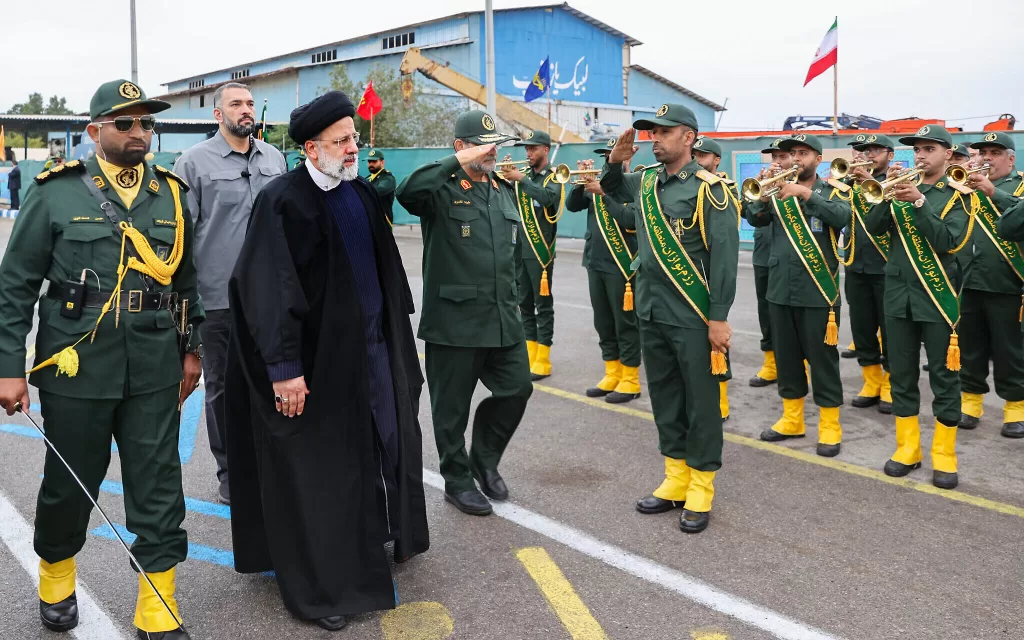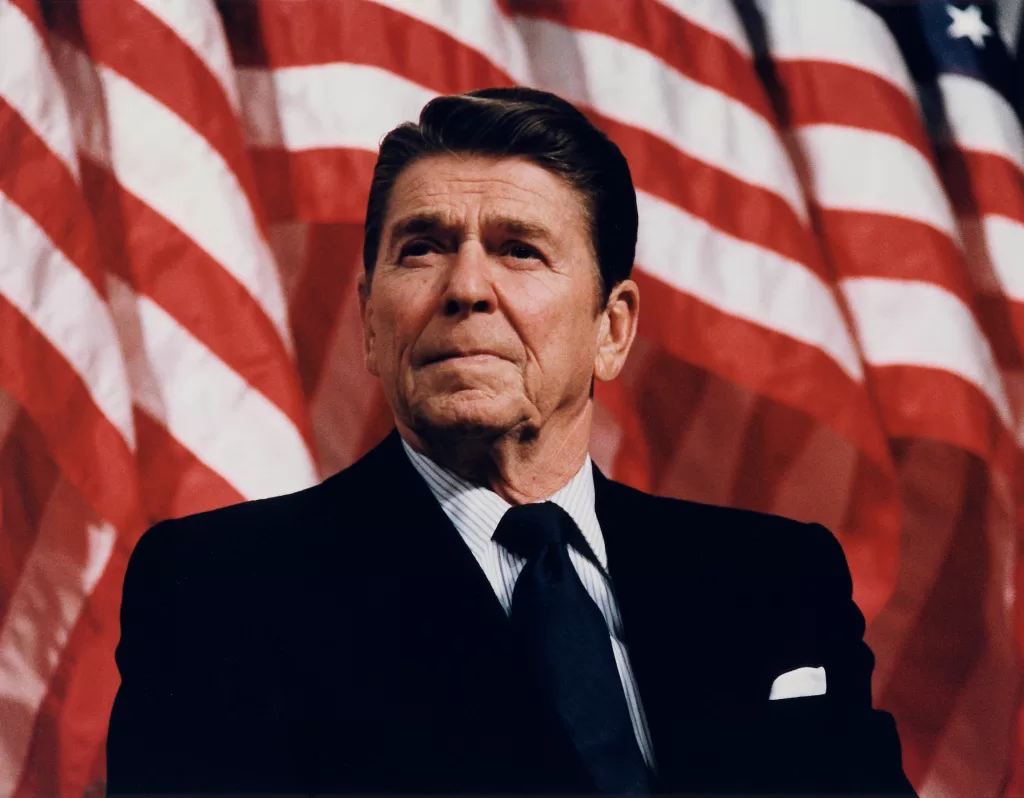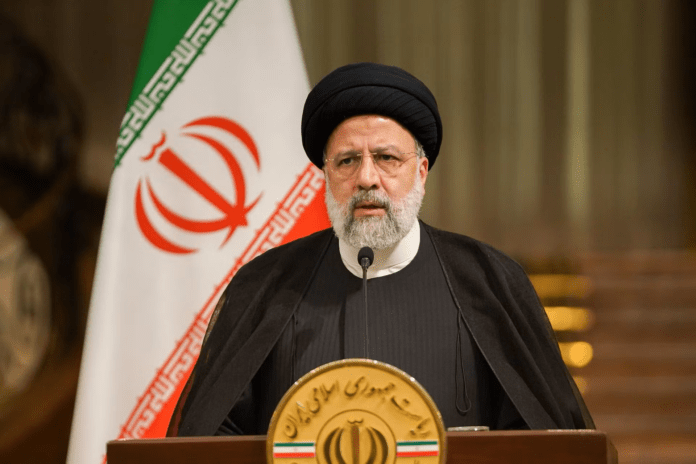The killing of Ismail Haniyeh in Tehran on 31st of July 2024 when he was a state guest for the swearing-in ceremony of the Iranian President has cast serious imprints on an already fluid situation. Iranian authorities seem to be under pressure to respond to this cowardly act, ostensibly undertaken by Israeli agents. Notwithstanding the fact that Israel has neither accepted nor denied it, not much is left in doubt after what their Heritage Minister stated, “This is the right way to clean the world of this filth. No more imaginary peace/surrender agreements. No more mercy, the iron hand that will strike them is the one that will bring peace and a little comfort and strengthen our ability to live in peace with those who desire peace. Haniyeh’s death makes the world a little better.”
Since then, Iranian authorities have been vehemently stating that revenge was their right and was on its way and the Supreme Leader declared that refraining from revenge is akin to earning a divine wrath. The region in particular and world in general have their fingers crossed awaiting an Iranian response. Not only that the forces in Iran and Israel are on high alert, the US has augmented its military deployment in the region while other regional countries are also on alert.

Many countries have issued travel advisories warning their citizens from travelling, particularly for Lebanon which is expected to be the main battleground. It is but a sheer fact that with this act, Israel has not only put Iran on a test bench, it has put many others on a course filled with dangers. It is an embarrassing situation for Iran for a variety of reasons. Iran has a unique binary military system having a regular armed forces called Artesh and another unconventional Islamic Revolutionary Guard Corps (IRGC) called Sipah e Pasdaran e Inqilab e Islami. The IRGC is portrayed as invincible, the iron clad hand that takes care of security of Iran both internally and externally. It is closely linked with the clergy and Ismail Haniyeh being very close to the Supreme Leader was very special for the IRGC.
Killing of a state guest such as Ismail Haniyeh under their protection is a significantly detrimental act against them. With Iran’s involvement in the crises in Yemen, Syria, Iraq and Lebanon there has been added strain on their economic resources which if spent on the Iranian citizens would have cozied them than what they are experiencing now. Public support is essential for a country in times of crisis and this embarrassment could be a dent in that support, limiting Iran’s liberty of action to respond. After all, there is a chance the conflict may suck Iran full-fledged into the whirlpool Gaza is already in. For past few years, Iran has been voicing concerns for all Muslims living under any kind of oppression around the world regardless of the sectarian affiliation. They have spoken for the Palestinians, Kashmiris, Rohingyas, Syrians, Houthis, Iraqis, etc. Not only that Iran wishes to be an effective player in the region, but there is also a competition between Iran, KSA, Türkiye and Malaysia for the Muslim Ummah’s leadership. This contest mandates Iran’s statements in support should be backed by credible capability, which has been eroded by the killing of Ismail Haniyeh.
IRGC’s actual strength lies in asymmetric warfare which has worked many times before. Iran’s support to Hamas and Hezbollah is therefore a plausible proposition. These proxies also need to be reassured of Iran’s credible security and defence mechanisms. On the conventional side, Iran alone cannot match the might of the US and its allies. It knows in an event of open conflict, Iran does not stand a chance, damaging its image further. It is for this reason Iran has so far been responding directly against the US and Israel in a symbolic manner.

An interesting factor lies in the actuality that Iran’s nuisance value in the region is important for the US as it manifests threat to the regional countries and prospects for American arms sale get brighter. The US and allies would also not like Iran to come openly into the conflict where they will have to take some punitive action against it which might decimate Iran to an extent where it no more poses threat to the regional countries. It will be a politico-economic fiasco for the US and allies. This is election year in the US and a tough contest is expected between Donald Trump and Kamila Harris. It will be in the interest of the Republicans that Iran carries out some adventure and put the Democrats to a test, whereas the Democrats would do anything to avoid it. This reminds us of a similar situation when in 1979 several US nationals were made hostages in Iran. The saga lasted for about two years and became an important factor in the US elections in 1980. It was reported that the Republican candidate Ronald Reagan had sent a message to the Iranian leadership not to release the hostages before US elections just to discredit the Democrats nominee President Carter. They were eventually released a day after President Reagan was sworn in. At this particular time the Democrats may want Iran to refrain from any response to Israel and that is why active backdoor diplomacy by the US is being witnessed.
Netanyahu is in no mood to halt aggression, and no one has been able to stop him. The only pressure that he may have is about over one hundred prisoners in Hamas’ captivity, an issue which is becoming painful for him amid his already tainted political stature on the domestic front.
Iran has the military capability to respond to Israel both with direct and indirect means. This notwithstanding, Iranians being deft in diplomacy, can be expected to come up with a totally different outcome. There have been voices from Iranian authorities that if Gaza ceasefire is achieved the attack on Israel may be reconsidered. With the internal, economic, security and international pressures, Iran may opt to go for maximum concessions that it can accrue out of the current imbroglio. However, their experience with Joint Comprehensive Plan of Actions (JCPOA) has not been good enough to resort to mere guarantees by the current US administration. In case Mr Donald Trump comes to power all these guarantees will have no validity just like the fate of JCPOA.
Pakistan has condemned the killing of Ismail Haniyeh which was a dangerous precedent set by Isarel. It was a sheer breach of territorial integrity and sovereignty of a country. While Pakistan cannot afford to become party in this conflict, the government’s condemnation must persist in the strongest words. Iran’s handling of this crisis is an example for us. We must show deftness in diplomacy and international politics at this time to safeguard our own interests. If the conflict is broadened in the region, it will have the tendency to suck us in which will not be a good omen. Except Israel, all other parties involved in this issue have good relations with Pakistan. Although, the political situation is not totally under our control, yet we need to take stock of our situation, try to act as prudent as possible and play our due role. Also, Pakistan’s trade is more than 90% via the seas and most of it emanates from the Persian Gulf. If Iran resorts to kinetic response, the regional situation is likely to become turbulent which will affect our trade and hence our already weak economy. We therefore need to take measures to safeguard our Gulf Sea Lanes of Communication and save our economy from an added burden.




